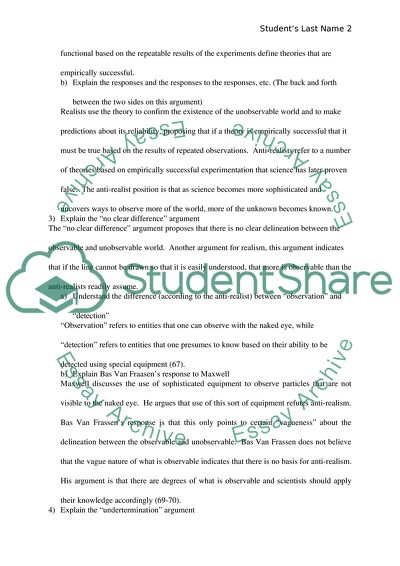Cite this document
(“Scientific Realism & Anti-realism Assignment Example | Topics and Well Written Essays - 1750 words”, n.d.)
Scientific Realism & Anti-realism Assignment Example | Topics and Well Written Essays - 1750 words. Retrieved from https://studentshare.org/philosophy/1764549-philosophy-of-science-assignment
Scientific Realism & Anti-realism Assignment Example | Topics and Well Written Essays - 1750 words. Retrieved from https://studentshare.org/philosophy/1764549-philosophy-of-science-assignment
(Scientific Realism & Anti-Realism Assignment Example | Topics and Well Written Essays - 1750 Words)
Scientific Realism & Anti-Realism Assignment Example | Topics and Well Written Essays - 1750 Words. https://studentshare.org/philosophy/1764549-philosophy-of-science-assignment.
Scientific Realism & Anti-Realism Assignment Example | Topics and Well Written Essays - 1750 Words. https://studentshare.org/philosophy/1764549-philosophy-of-science-assignment.
“Scientific Realism & Anti-Realism Assignment Example | Topics and Well Written Essays - 1750 Words”, n.d. https://studentshare.org/philosophy/1764549-philosophy-of-science-assignment.


